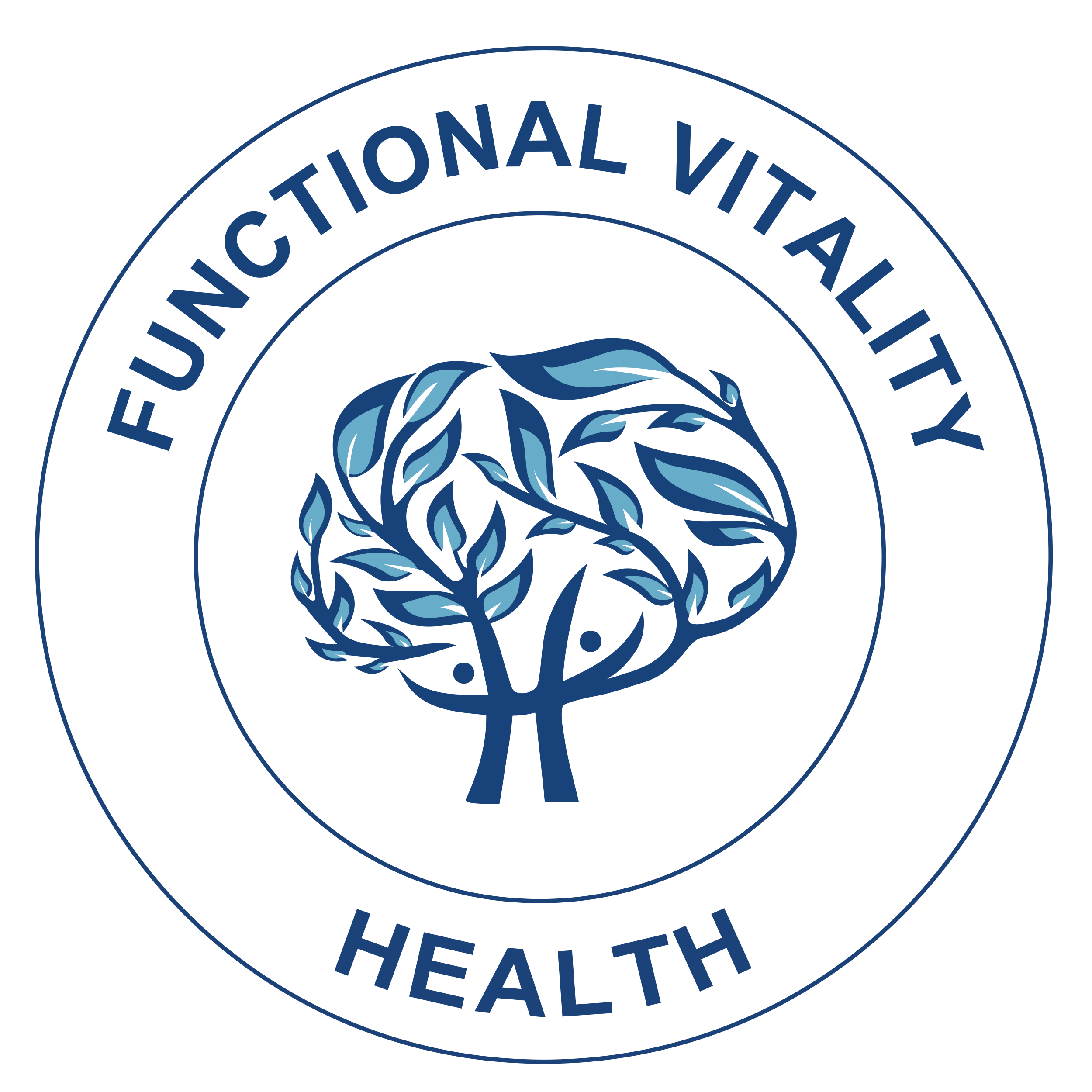Immunity is a topic on most people’s minds these days. For the immune system to function well it requires balance and harmony. The effects of lifestyle on immune function continue to be studied, but we know that much of the strength of our immune system can be controlled through preventative behaviour and lifestyle factors. This means your first line of defense is a healthy lifestyle! This can be an important strategy for not only reducing the chance of infection, but for potentially reducing severity of infections.
#1: Oxytocin Moments and Social Connection
Oxytocin is a wonderful hormone released when you hug, love someone, laugh or have an orgasm, so be sure to find these immune boosting moments in your day. Oxytocin is a hormone that actually helps control weight as well. We know that with reduced weight we can strengthen our immune systems so all the more reason to boost your levels. Through tuning into quality relationships, we can reap the benefits of healthy oxytocin levels. Focusing on self-care means improved relationships with those around us, so try to find those moments in your week to also focus on self-care. This will help create a positive attitude which is of major benefit.
#2: Daily Movement and Exercise
Exercise is one of the pillars of healthy living. Exercise and movement promote good circulation, which allows the cells and substances of the immune system to move through the body freely and do their job efficiently. It helps flush bacteria out of the lungs and airways. This may reduce your chance of getting a cold, flu or other illness. It causes changes in antibodies and white blood cells. White blood cells are the body’s immune system cells that fight disease. With improved cardiovascular health, and lowered blood pressure you help control body weight and protect against a variety of diseases. Prolonged periods of intensive exercise training can depress immunity, while regular, moderate-intensity exercise is beneficial so pay attention to the cues your body is giving you and what is right for you.
#3: Whole Foods
Quality nourishment is so important to the health of our immune system. I am a huge advocate of proper nutrition. What we consume determines how our body functions, so make wise choices. We can’t expect our bodies to operate at peak performance if we’re not fueling it with the right nutrients. Plant-based foods such as those high in phytonutrients, water and lipid-soluble vitamins and other antioxidants, as well as dietary fibre, can help downregulate an overactive immune response. Try to choose local, organic produce wherever possible, 9-13 servings a day being ideal. Every meal should consist of whole foods, high in fibre that includes plenty of fresh fruits and vegetables. If you’re looking for meal ideas, head over to my recipes section where you will find plenty of free recipes to support your optimum health. Click here!
#4: Supplement Support
Vitamin C, Vitamin D, zinc and probiotics are some of the basic supplements I’ll get into today that can be great support to your immune system. This is a good foundation to begin with.
Vitamin C is an antioxidant and is everyone’s favorite supplement, most linked to fighting the common cold. It also helps manage cortisol. When we are feeling stressed our cortisol levels increase, and Vitamin C offers protection against excess levels of cortisol thereby keeping our endocrine system balanced. Dietary sources are citrus fruits, berries, green and leafy vegetables, tomatoes, green peppers, papaya, raw onions and potatoes.
Vitamin D is something many of us need more of. It has a dual role as both a vitamin and a hormone because our body can produce vitamin D by the action of the sunlight. Unfortunately, multivitamins don’t always offer enough to meet our needs, nor optimize levels in our blood. Vitamin D is found in some foods such as fatty fish, egg yolks and liver, as well as can be absorbed from sun exposure. Even just ten minutes a day helps for the skin and eyes. Vitamin D3 is produced in response to the sun and is found in animal products, whereas Vitamin D2 occurs in plants. It is possible Vitamin D can reach toxic levels however; so please check your levels through a blood test. Dosages can be discussed with your practitioner.
Zinc is needed in the manufacturing of T cells; therefore, it enhances the immune functions. Dietary sources include oysters, steak, lamb chops, wheat germ, brewer’s yeast, pumpkin seeds, sunflower seeds, eggs, ground mustard, liver, mushrooms, oyster, seafood, soybeans.
Probiotics whether in food or supplement form, can help suppress unhealthy bacteria and support the good bacteria thereby strengthening the immune system. This helps maintain epithelial health and gut barrier function. There are foods and supplements containing the beneficial bacterial cultures that help the body’s naturally occurring intestinal flora re-establish themselves. Probiotic bacteria must be consumed every day to be effective as they cannot implant in the gastrointestinal tract and leave the body quite readily. Sugar and an excess of simple starches (like white bread) encourage the spread of unhealthy intestinal microorganisms. Reducing these foods and introducing probiotic foods helps maintain a healthy balance. The best known example of a probiotic food is yogurt. Other fermented foods containing similar bacteria include: pickled vegetables (kimchi), tempeh, miso, kefir, kombucha, sauerkraut, and soy sauce. Include these foods in your diet regularly.
*Please talk to a practitioner about testing your levels and supplementing accordingly.
#5: Proper Sleep
Sleep is your body’s first line of defense against infectious disease and has a major influence on immune function and inflammatory signals. The benefits of quality sleep are both preventative and restorative so aim for 7-9 hours each night as recommended by the experts for optimal health. During sleep your body produces proteins called cytokines that fight inflammation and infection. Sleep deprivation hinders this immune response, so not getting enough can impact your body’s ability to fight off infections. If you have a hard time shutting off work at night, or turning off the TV, then try setting a timer somewhere nearby to remind you that it’s time to head to bed. Even better, shut down the electronics at least an hour ahead of time and allow your body to adjust to its natural rhythms by shutting out the blue light from electronics that can interrupt our quality of sleep. Grab a good book and before you know it, you may drift off quite easily. If you can ensure your room is cool, quiet and dark, even better.
Tip #6: Stress Reduction
Stress can suppress our immune function and make us more susceptible to illness. There are ways to monitor our stress levels through biofeedback markers such as heart rate variability (HRV). I’m a big fan of the Oura ring or a FitBit. Practicing stress modulating techniques such as deep belly breathing or through topics already discussed in this article such as quality sleep, proper nutrition and supplement support, social connection and movement will all help manage our stress response, thereby increasing our immunity. Stress reduction and/or management has been known to reduce infection and the severity of infection.

